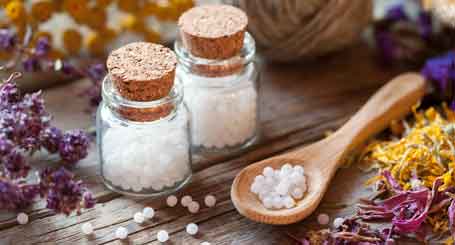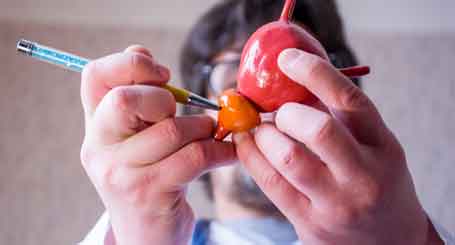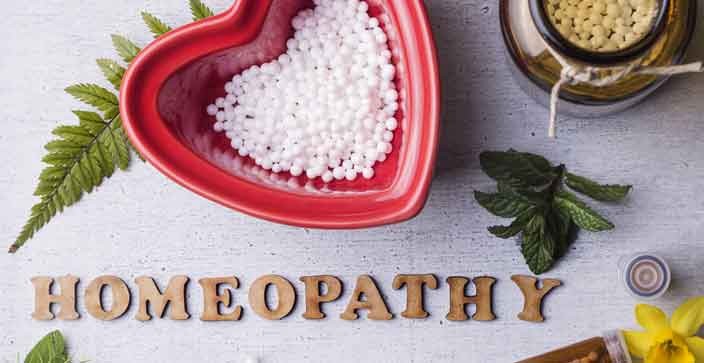Prostate enlargement is a medical problem that affects nearly all men in their older years. Prostate enlargement affects over nine out of 10 men at the age of 80, but can begin as early as 40 for some men. Prostate enlargements cause is unknown, but it does not have any risk factors other than issues with the testicles functioning properly.

Prostate enlargement has many common symptoms, most of them involving issues with urination. This includes dribbling at the end of urination, incomplete emptying of the bladders, pain with urination, delayed urination, straining to urinate, weak urine strain and needing to urinate throughout the night. Although these are the more common symptoms, there are other symptoms that can occur more rarely, such as bleeding with urination (which is usually caused by an infection).
There are no actual cures for prostate enlargement, but there are many medications, prescription drugs and natural treatments that are used to help improve the condition. Homeopathy, which is a form of alternative medicine, is one of the less common ways to help improve prostate enlargement. Homeopathic remedies can not treat prostate enlargement itself, but they can help to improve some of the common symptoms of prostate enlargement.
Apis Mellifica, Clematis and Sabal Serrulata for Prostate Enlargement
Apis mellifica is a homeopathic remedy that works best for men with prostate enlargement that suffer from a stinging pain that occurs during urination. This treatment also works well for those with urinary retention.
Clematis is a homeopathic medicine that works to help with swelling of the prostate that leads to slow urine passage, or if there is frequent dribbling.

Sabal serrulata is a homeopathic remedy that works well for prostate enlargement that is accompanied with urine retention. This treatment works especially well in elderly men, and for those that have a cold sensation in the bladder or prostate, Continue Reading at our site. This treatment also works well for those that are prone to bladder infection.
Although it is very rare, homeopathy can cause allergic reactions in some people. It is always best to discuss any homeopathic remedies with a licensed homeopath to avoid any allergic reactions or bad interactions with medications or prescription drugs. Homeopaths are also better able to diagnose all symptoms in patients, making it easier for them to select the best remedy for each individual.
